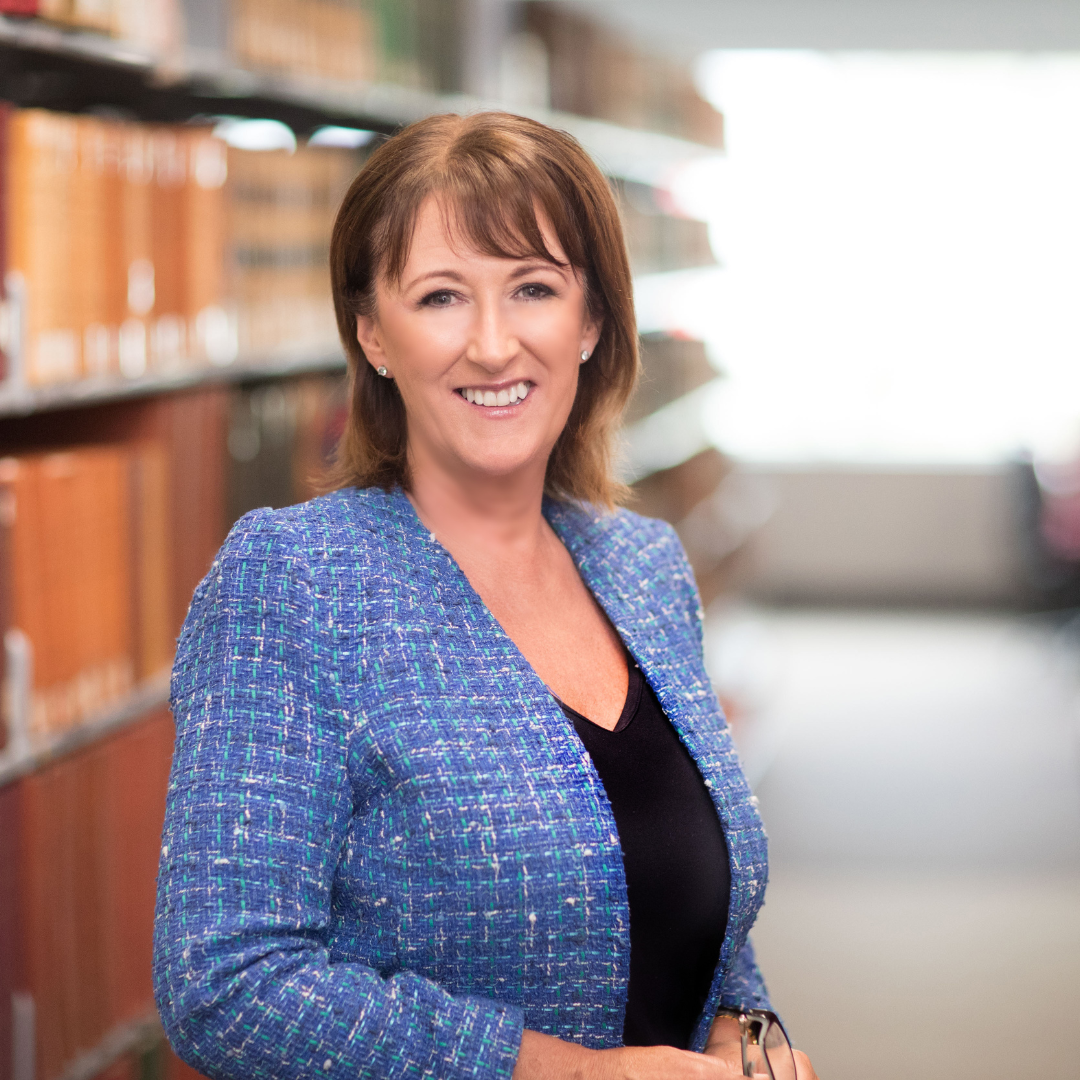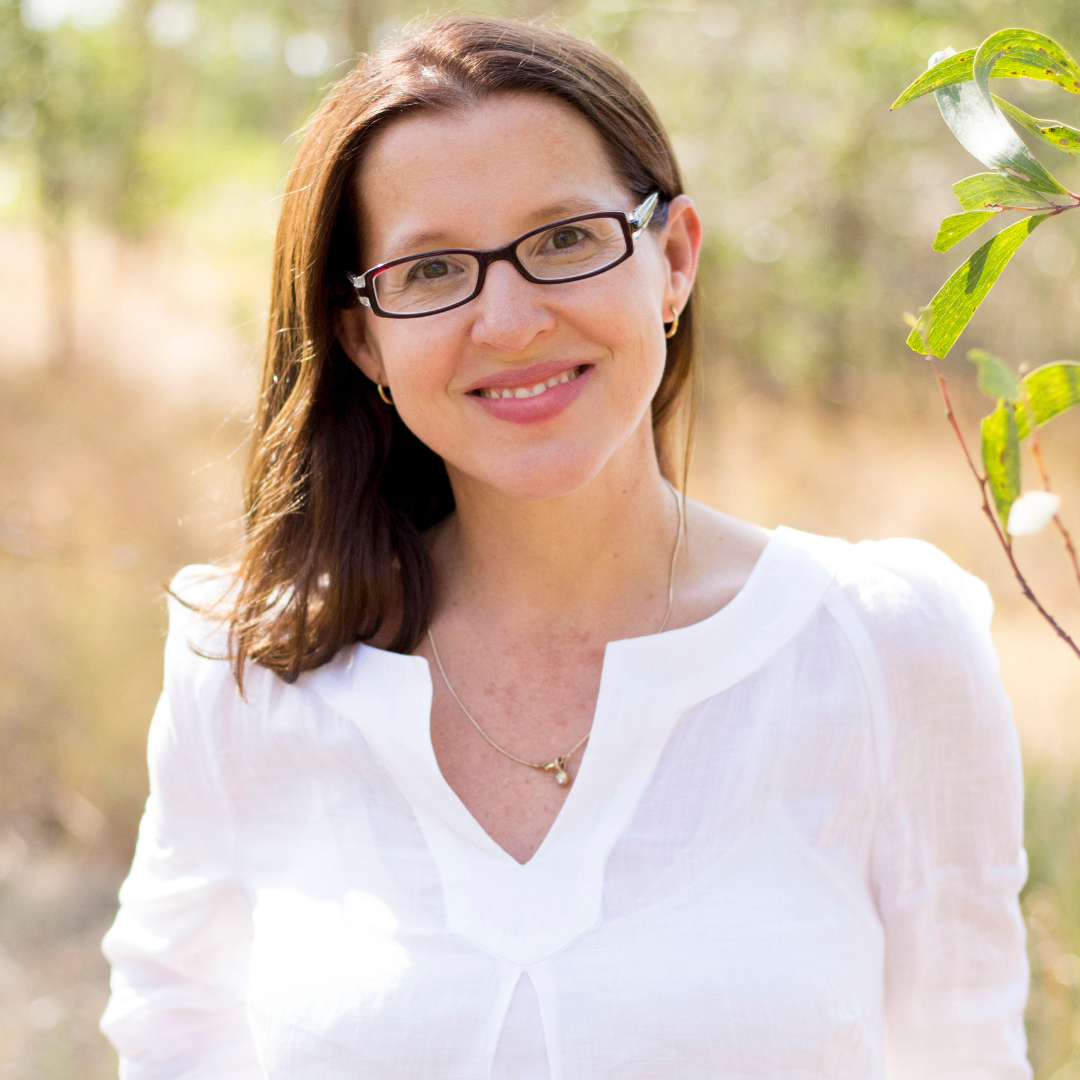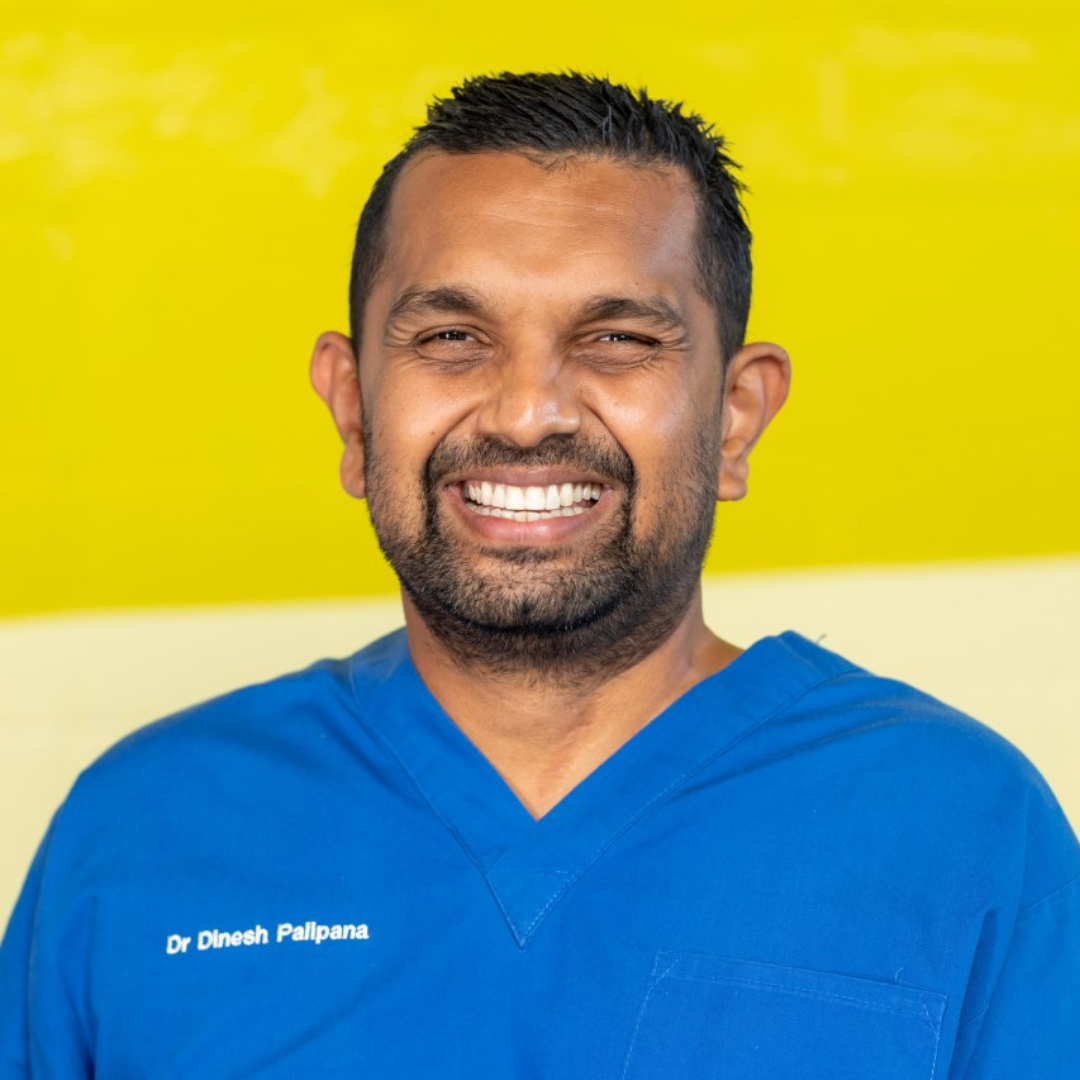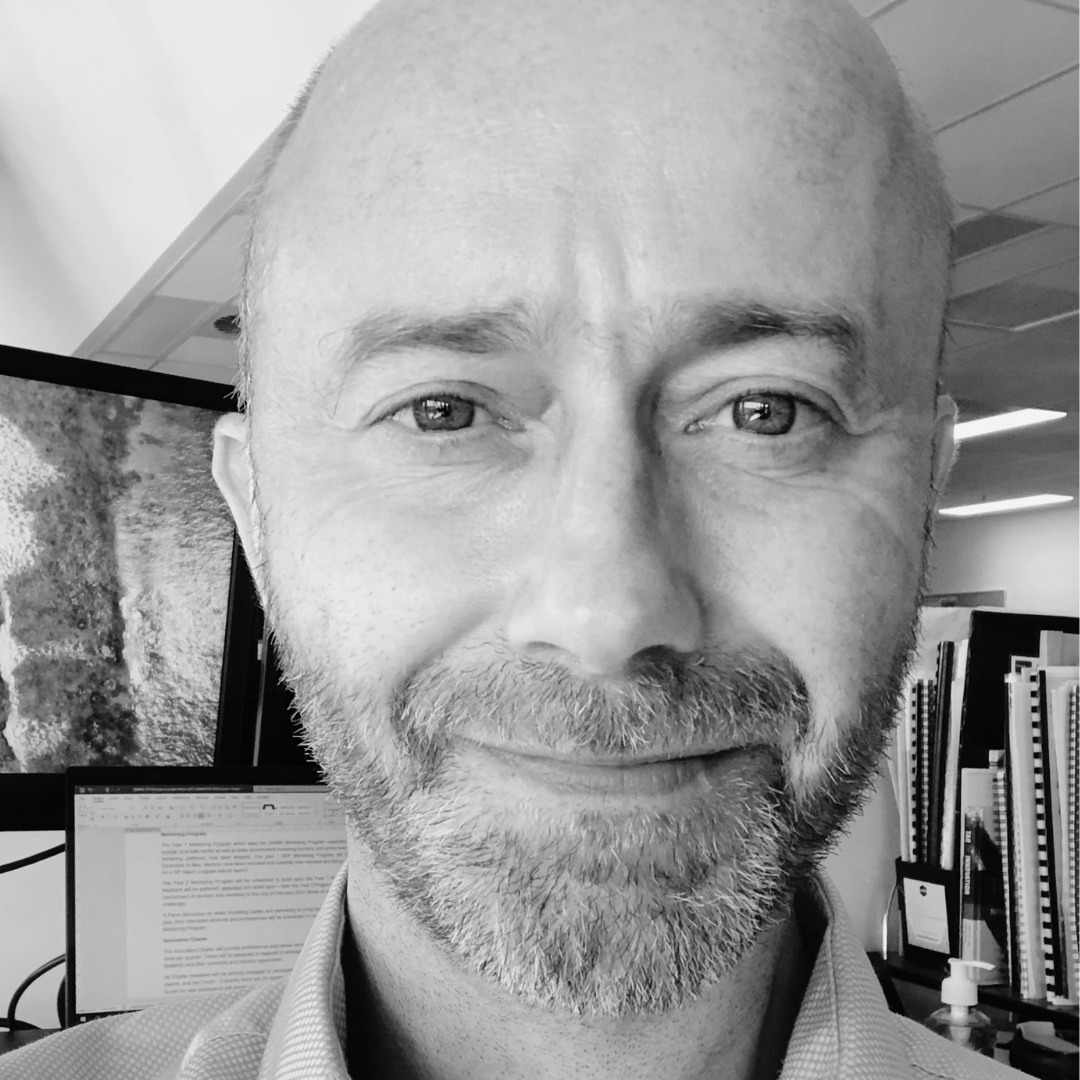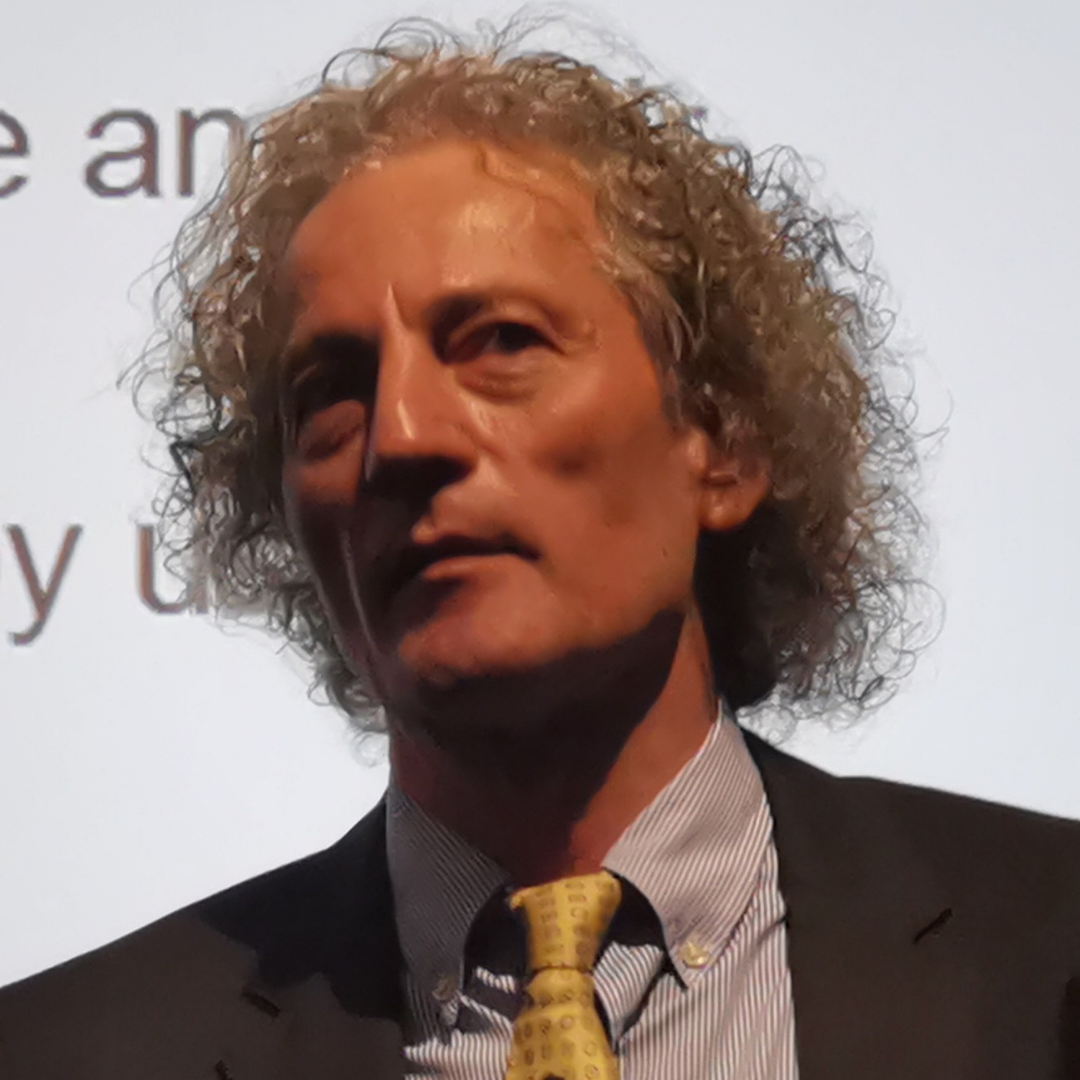To be or not to be?
Making a decision, of any size, can be hard. In times such as these the complexity of decision making can be excruciating. Think about your workplace, where you may face impacts around the rising costs of inflation, uncertain international relationships, the great resignation and disruptive technology - you are faced with decision making challenges every day. To help you navigate through this uncertainty, we asked academics across Griffith University how they approach decision making, a skill that is in more demand than ever.
Professor Lauren Williams
Academic Lead Nutrition and Dietetics, School of Health Sciences and Social Work
We need to stay true to our values.
Our world is in a period of rapid change in an unpredictable direction. Most people don’t enjoy this sense of instability and uncertainty- I know I don’t. What can we do to take back our sense of control? No matter what happens in the outside world, our values don’t change. So if we make decisions that are consistent with our values, that can be an anchor through a time of uncertainty. How do we work to our values? Look to your workplace for their stated values– for example, the Griffith University web page says ‘we’re led by our values’. But the most important values to work to are your own. If you don’t already have a list of your values ask yourself–‘What do I value in this world?’ My own main value is the importance of creativity. No matter how chaotic the outside world, I try to remind myself to take the time to generate creative options with my team – I believe this helps me make the best decisions.
Sensemaking and decisions in contexts of uncertainty.
Dr Julienne Senyard
Entrepreneurship and Innovation, Griffith Business School
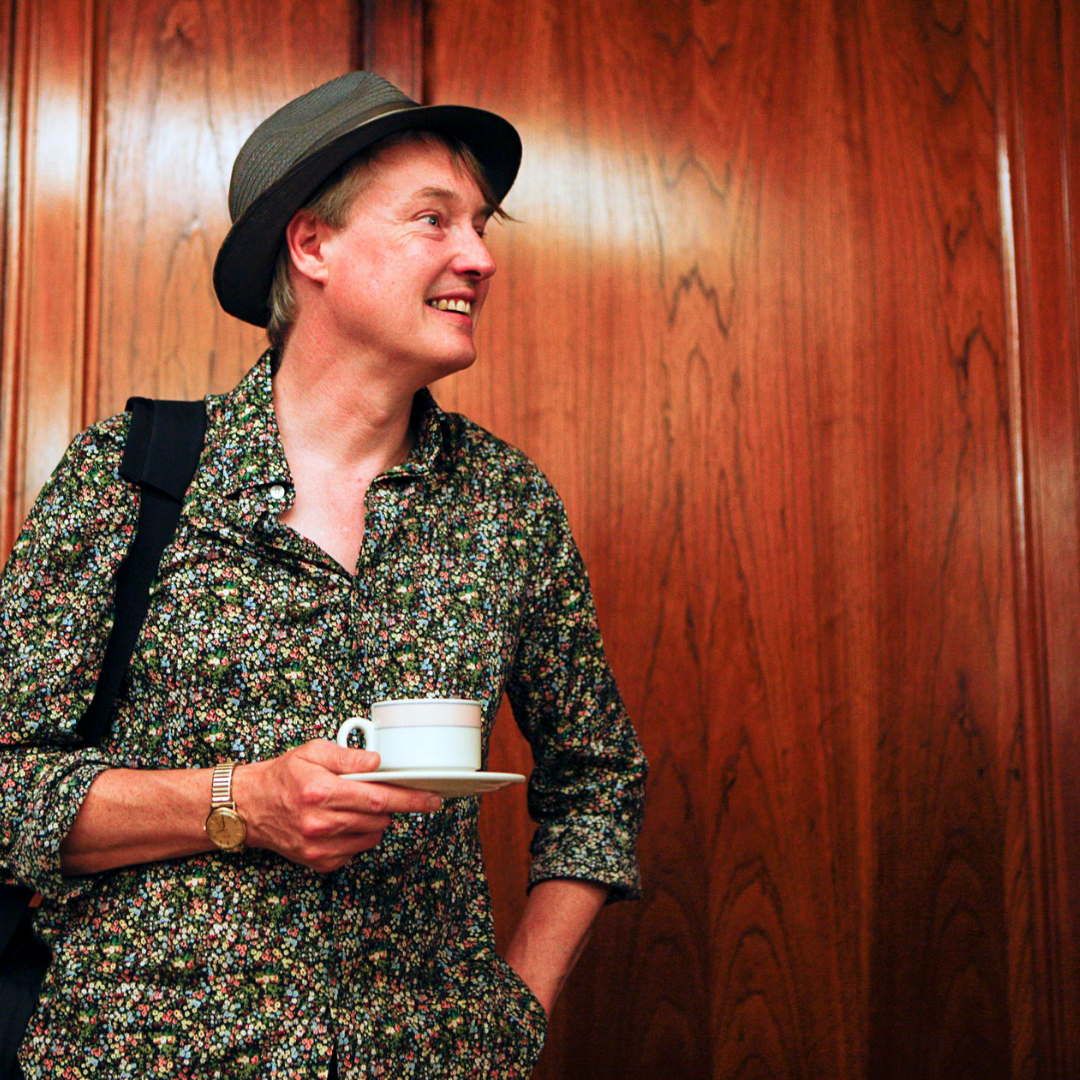
Professor Julian Meyrick
School of Humanities, Languages and Social Sciences
Decisions throw a long shadow—their consequences.
When we talk about “considering a decision” we mean trying to discern the impact it will have. Even when decisions look simple, their effects rarely are. This is a chief preoccupation of my own artform. Decision-making lies at the heart of drama, and indeed is what makes it dramatic. Helen’s decision to run away to Troy with Paris. Macbeth’s decision to kill King Duncan and take his throne. Madam Ranyevskaya’s decision to sell her cherry orchard. Drama is one way of investigating the choices we make, and facing up to the reality we often can’t see what the outcome will be. Like characters in a play, we don’t know what will happen next in our life. Yet, like them, we are called to make decisions about it. Drama has some interesting insights to offer here, and I find them invaluable on both professional and personal levels. First, it asks what the human consequences of a decision will be. Material losses can usually be redressed. People damage is harder to fix. Second, it sees that life is full of mistakes. There is no play in which characters make perfect choices. Where is the drama in that? Or the truth. Finally, drama knows that not all decisions are equal. Some, I call them “decisions within”, are determined by the structures in which we are presently embedded. So long as these are stable, our choices are limited. “Decisions between” are more fateful. At these times, what we decide determines the structures we will have around us in future. The uncertainty we feel now is, I suspect, because “decisions within” have been replaced by “decisions between” and we experience this as a kind of moral and psychological vertigo. Many stage plays are about learning to distinguish between these types of decisions, and remind us that perfection is not possible, while it is the human dimension of our choices that ultimately matters.
Develop your own decision principles.
Most of us make hundreds of decisions a day, ranging from simple "what's for breakfast" to sometimes life changing "should I leave my job". Given how turbulent the world seems right now, it is easy to forget that while we do not always have control over the outcomes of our decisions, we can control how we make decisions. Turbulent times in fact call for a decision diary (check Ray Dalio and Annie Duke on why) where we track our reasoning on why we need to make a particular decision, and then track what actually happens and why. This can give us amazing insights into how we should or could act when a similar decision comes up again. If you do this with curiosity, you'll find that you'll start developing your own decision principles. This can lead to more stability in making better decisions in an uncertain future. All you need is pen, paper and reflection time.
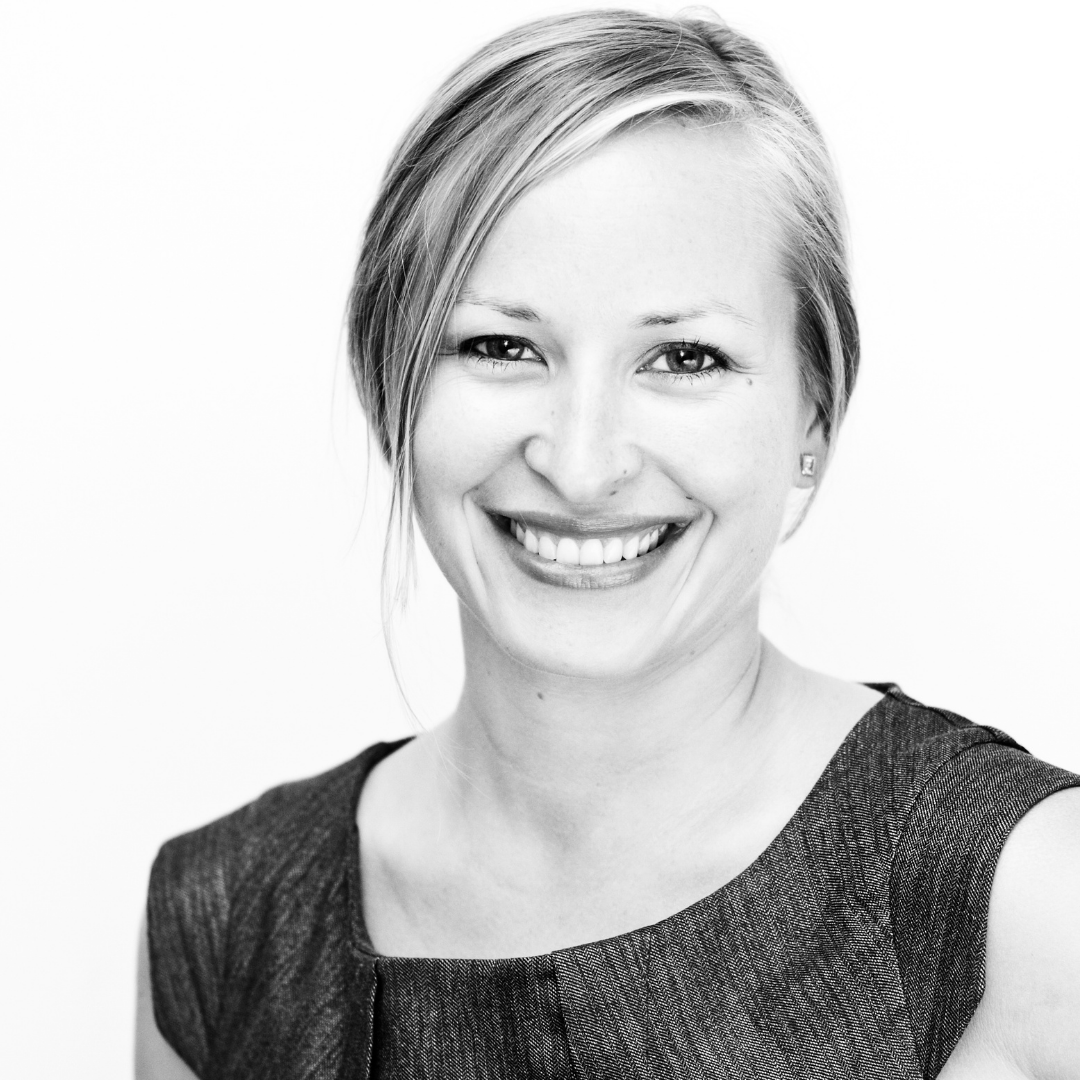
Dr Johanna Nalau
ARC DECRA Fellow
Dr Dinesh Palipana OAM
School of Medicine, Griffith Health Centre
Decide to embrace the challenges.
After I had a car accident in 2010, my life changed forever after a spinal cord injury. At first, I thought I had lost everything. But then I made a decision to treat the accident as the beginning of a journey, as an opportunity to be better. This journey has led me to do many things, including research for spinal cord injury that might one-day change what it means to a person. Today, I look back and realise that I hadn’t lost anything, but that I’d gained everything.
They say that a ship is not made to stay in the harbour. It is made to sail across the seas both calm and turbulent. In a similar way we must embrace the turbulent times. It is the turbulent times that allow us to grow. They give us a chance to leave our comfort zones, to challenge ourselves and to ultimately be better. So when the times become tough let us welcome it. Let us launch into those situations with enthusiasm making brave decisions, courageously becoming stronger and later realising that those things which challenged us were actually the best things that happened to us.
Try to find out what you don't know you don't know.
There are familiar forms of uncertainty like not knowing how much rain will fall next month, or not knowing how much your energy bills or mortgage might rise over the next year. For these situations there are a range of strategies one might employ such as storing rain when it falls to use at a later date, changing your energy or mortgage provider or reducing other expenditure to be able to better cope with rises if and when they come. A perhaps less familiar form of uncertainty is in just understanding what is happening, why and whether it is good or bad. Everyone has cognitive limits – biases to what they see and amplify as being important – ways of perceiving wired into us through socialisation, disciplinary education and our set of life experiences. Being able to recognise that in complex situations like river catchments, communities, organisations or sometimes even inter-personal relationships we can only ever have a partial and incomplete appreciation of what is going on and why. In these kinds of situations, uncertainty is inherent and that means any prescription for action has the opportunity to do both good and harm. Seeking out, engaging with and listening to other perspectives to jointly develop an appreciation of the situation and how to improve it is the way to handle this form of uncertainty. Here you need to go beyond finding out the things you know you don’t know. Here you need to figure out what you don’t know you don’t know.
Associate Professor Brian McIntosh
Integrated Water Management, Head of Discipline Environment and Marine Sciences
Professor Bela Stantic
School of Information and Communication Technology
Decision making with information overload.
In the current digital and social media era information propagates exponentially. With the immense amount of data produced worldwide, it is almost impossible with high confidence to perceive what information reflects reality. The fact that different people have different perceptions about the same information adds further complexity. In addition, misinformation or restricting access to information potentially makes us more and more misinformed. Yet, every day, we rely on this imperfect information to make decisions. The importance of these decisions range from what product to buy, to decisions that are life-changing. No matter the decision, with such information overload, the challenge we face is gaining insight into the right information. There is no easy way through this, but start by taking a breath and pausing for a moment. Then, it's back to the basics. Try to seek information from multiple sources. Look into any proclaimed 'facts' from different angles. And be wary of conclusions. When your data is collected in this way, you've given yourself the best chance of making a good decision.
Professional Learning Hub
The Professional Learning Hub is Griffith University’s platform for professional learning and executive education. Our tailored professional learning focuses on the issues that are important to you and your team. Bringing together the expertise of Griffith University’s academics and research centres, our professional learning is designed to deliver creative solutions for the workplace of tomorrow. As 2021 draws to a close now is the time to get a head start on your professional development needs for the coming year. Whether you are looking for opportunities for yourself, or your team we have you covered.
Contact us on 07 3735 2208
